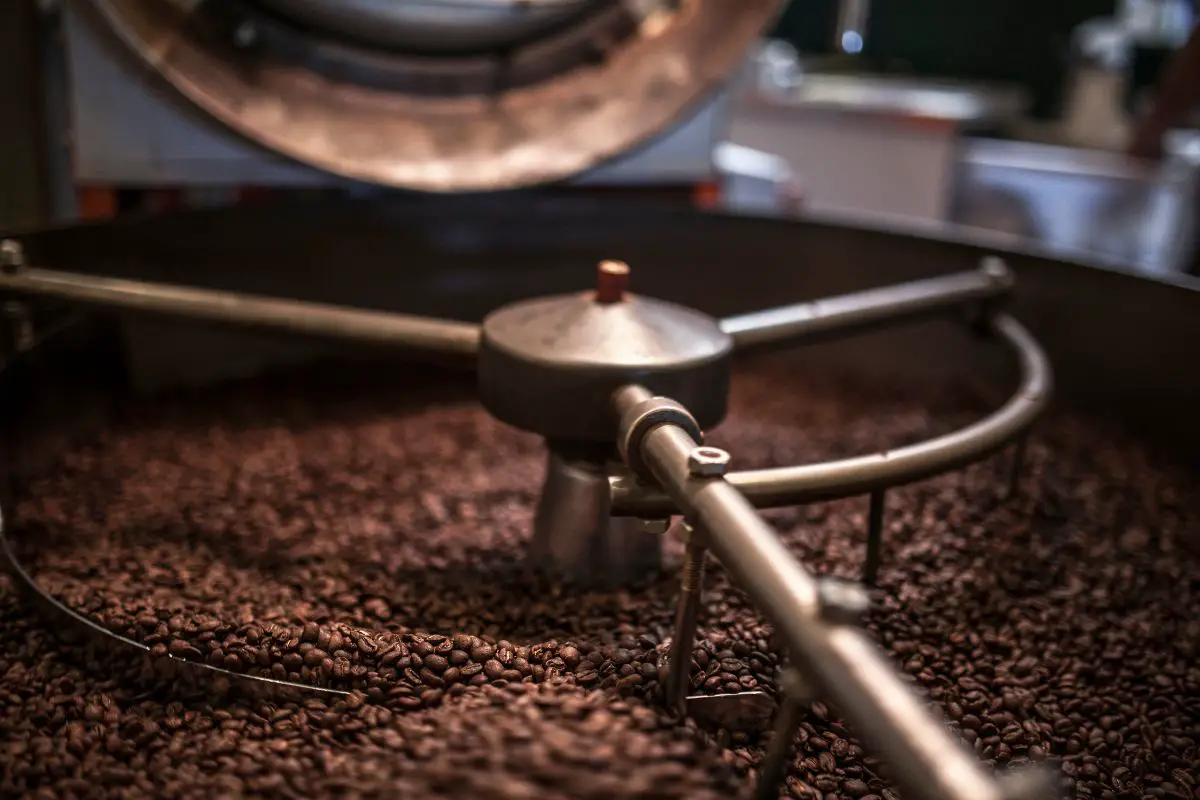Roasting decaffeinated coffee beans is an art that’s similar to roasting regular coffee, with a few important differences. Decaffeinated coffee beans are more delicate and require a careful eye and attention to detail. Let’s delve into the process of roasting decaf coffee beans.

Section 1: Understanding Decaf Coffee
The Decaffeination Process
Before the beans are roasted, they go through a decaffeination process. This involves soaking the beans in water and using a decaffeinating agent, such as activated charcoal or carbon dioxide, to draw out the caffeine. After the caffeine is removed, the beans are dried and ready to be roasted.
Section 2: Roasting Decaf Coffee Beans
Roasting Process
Here are the steps to roast decaf coffee beans:
- Preheat your Roaster: Start by preheating your coffee roaster. The initial temperature may vary based on the roaster’s size and model, but a general starting point is between 350°F – 400°F (175°C – 200°C).
- Add the Beans: Once the roaster is preheated, add your decaf beans. They should make a stirring sound when added, indicating the roaster is hot enough.
- Monitor the Roast: Decaf beans tend to roast faster than regular beans, so they require close monitoring. They also have a less noticeable first crack, which is typically used as an indicator of the roast level. Use color changes and smell as indicators instead.
- Cool the Beans: Once the beans are roasted to your preference, cool them as quickly as possible to stop the roasting process. Many roasters have a cooling cycle, but you can also use a metal colander and a fan.
Section 3: Additional Tips
Unique Characteristics of Decaf Beans
Due to the decaffeination process, decaf beans can be drier and more brittle than their caffeinated counterparts. They lack the oils that give regular beans their sheen. As a result, they may roast more quickly, so be prepared to adjust your roast time accordingly.
Section 4: Engage With Us!
Have you tried roasting decaf beans at home? We’d love to hear your experiences and any tips you might have. Share your coffee roasting stories in the comments below!
Conclusion
While roasting decaf coffee beans can be a bit challenging due to their unique characteristics, with careful attention and a bit of practice, you can roast decaf beans to perfection. Enjoy the process and the reward: a great cup of decaf coffee that is truly your own.
Related Articles:
Is It Cheaper To Roast Your Own Coffee?
Is Decaf Coffee Darker Than Regular?